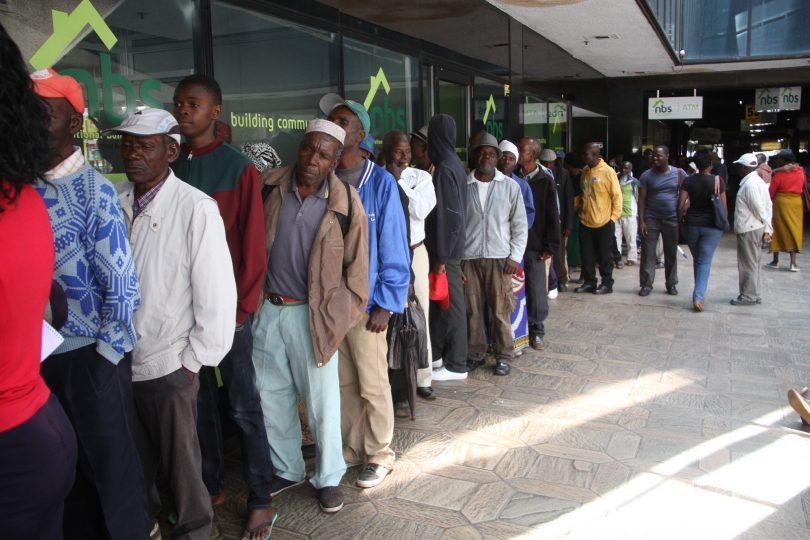Staff Reporter
The 2022 budget presented by the Minister of Finance and Economic Development, Professor Mthuli Ncube, is aiming at cushioning workers and pensioners from the adverse effects of inflation.
Presenting the budget yesterday, Minister Ncube said that he has reviewed upwards the local currency free bonus threshold from ZWL$25 000 to ZWL$100 000, while the foreign currency tax free bonus threshold has been moved from US$320 to US$700,with effect from 1 November this year.
“I also propose to review the local currency tax free bonus threshold from ZWL$25 000 to ZWL$ 100 000 and the foreign currency tax free bonus threshold from US$320 to US$700 with effect from 1 November 2021,”said Minister Ncube.
The Minister further proposed to adjust the tax free threshold from ZWL$10 000 to ZWL$25 000 in order to provide relief to taxpayers and also boost aggregate demand for goods and services. The Minister also proposed an upward review of the tax free threshold on income accruing in foreign currency from US$70 to US$100, with effect from 1 January 2022.
The Finance Minister added that Government also wanted to preserve retrenchment packages in light of a sizeable number of employees who were retrenched as employers adopted cost rationalisation strategies in response to the effects of the COVID-19 pandemic.
“Government recognises that a number of employees have been retrenched as employers adopt cost rationalisation strategies, in response to the negative effects of the Covid 19 pandemic. In order to preserve value of retrenchment packages, I propose to review non-taxable portion of the local currency tax free threshold from the greater of ZWL$50 000 or 1/3 of the retrenchment package, whichever is higher, up to a maximum of ZWL240 000, to the greater of ZWL$400 000 or 1/3 of the retrenchment package, whichever is greater, up to a maximum of ZWL$2 million, for income earned in local currency,” said the Minister.
The Minister also proposed to that fuel levy be pegged at maximum of two cents per litre for both petrol and diesel in order to tame escalating costs of fuel.




